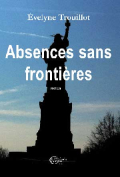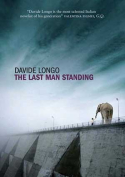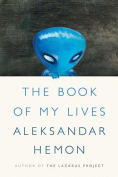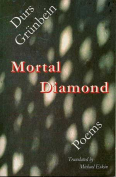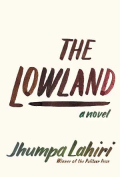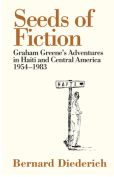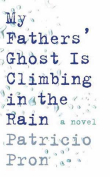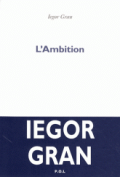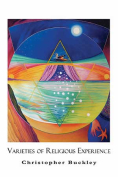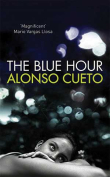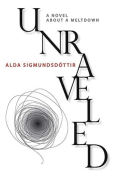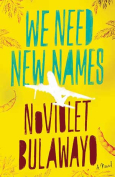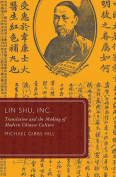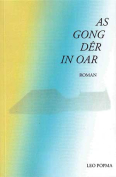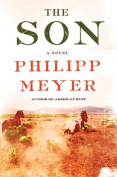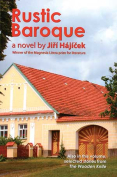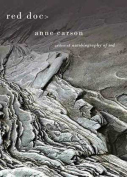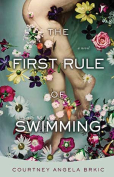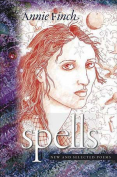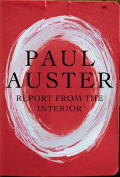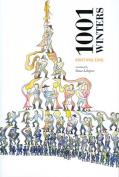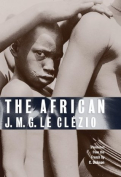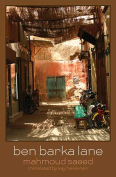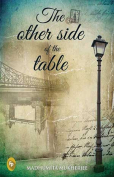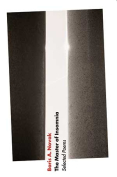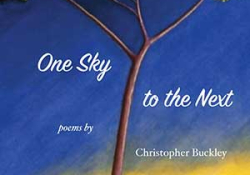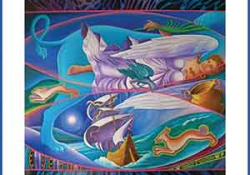Varieties of Religious Experience by Christopher Buckley
 Nacogdoches, Texas. Stephen F. Austin State University Press. 2013. ISBN 9781622880171
Nacogdoches, Texas. Stephen F. Austin State University Press. 2013. ISBN 9781622880171
Like Wordsworth revisiting the Banks of the Wye, Christopher Buckley returns here to the California coast of his childhood. Although the time elapsed is closer to fifty years rather than the five in Wordsworth’s “Lines,” this makes the predicament all the more poignant. Virtually Proustian in their search for lost time, these poems recall an early life spent in Catholic school in the 1950s, immersed in the cultural moment of doo-wop, Brylcreem, American Bandstand, crew cuts, Elvis, and hot-rodders. If this were all, though, the book would be merely nostalgic, but Buckley (again close to Wordsworth) complicates and enriches these memories with the perspectives of a “philosophic mind” brought by the years, of which Words-worth speaks in his famous ode. A life has been lived in the meantime, and the poet confronts the sea, the vastness of space, the black wall that awaits the end of old age, and his own beginnings. The search, then, becomes less for time lost than for meaning from life lived. “It seems we continue to retrace the footprints / of each grief we left along the shore, never really sure / of our business here beyond the immeasurable / summation of the light where my heart, most of its road work / done, proves useless against the night.” In this passage, we hear uncertainty and despair in the poet’s position.
Is there something, then? Anything? Perhaps, but the varieties of religious experience are not, of course, orthodox. The book signals this at the beginning when it quotes Einstein: “I am a deeply religious nonbeliever. . . . This is a somewhat new kind of religion.” In the title poem, toward the end of the book, the poet finds that the “religious” arises perhaps most poignantly when his mother is dying in a hospice and he has to leave “her for an hour or so each day / to feed her lonesome dog, / . . . when one afternoon / a roadrunner appeared / out of thin air, / out of the rocks and cactus, / came up onto the lawn, cocked his head / and looked at me / with the glistening dark star of his eye. / And I went up to him, / bequeathing bits of chicken / I’d cooked for the dog, / and the roadrunner / soon knew me / by my whistle, / by a litany / of little clicks I made / and the sound of the garage door ascending, / and he would wait under the oleander / for my daily offering.” In the desert landscape, kindness flowers, and when it does, the ordinary, the mundane is elevated. Does the poet create or discover the religious, the redemptive, through his acts of kindness toward the lonely, the hungry? “Bequeathing,” “litany,” “ascending,” “offering”—all arise out of “that best portion of a good man’s life, / His little, nameless, unremembered acts / Of kindness and of love” (Wordsworth, “Lines”). Even a land of rock and cactus can thereby be transformed.
Fred Dings
University of South Carolina

